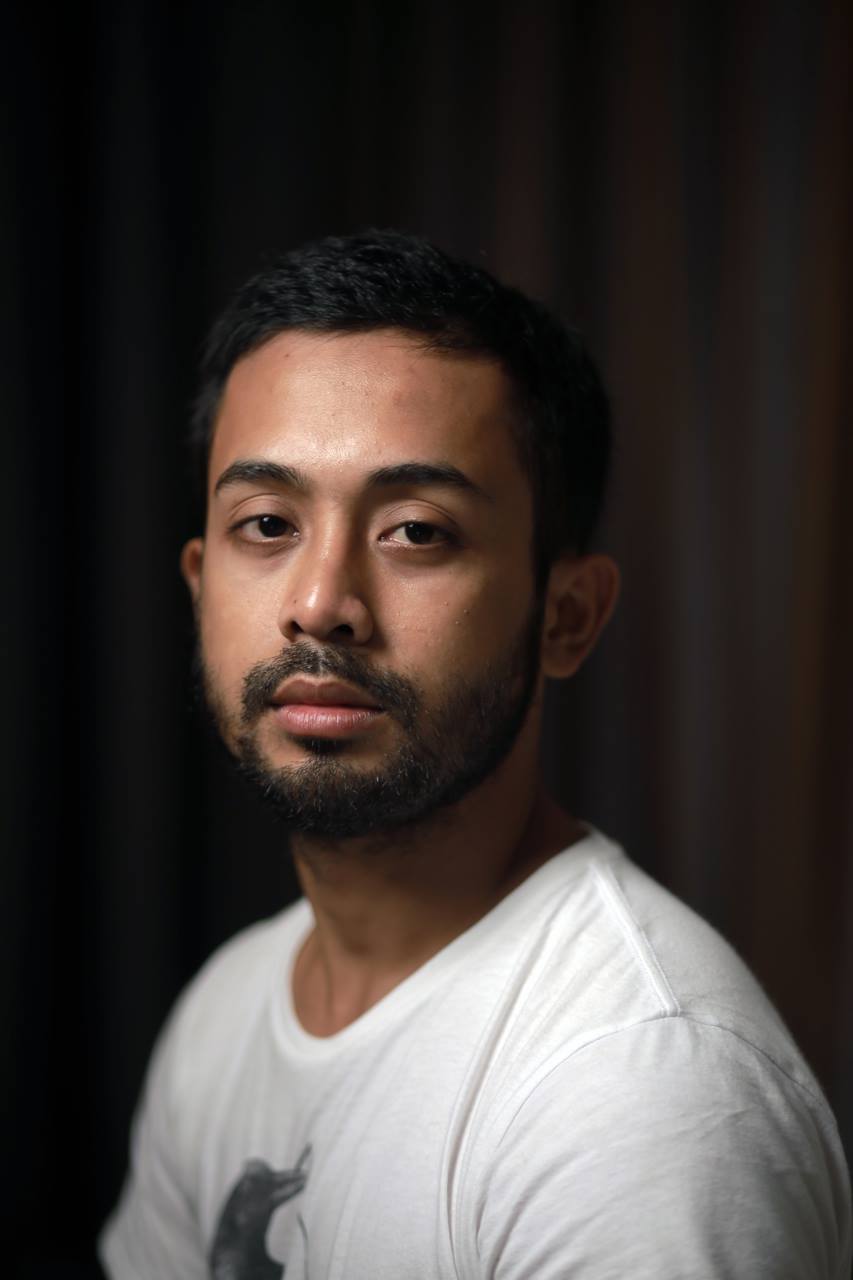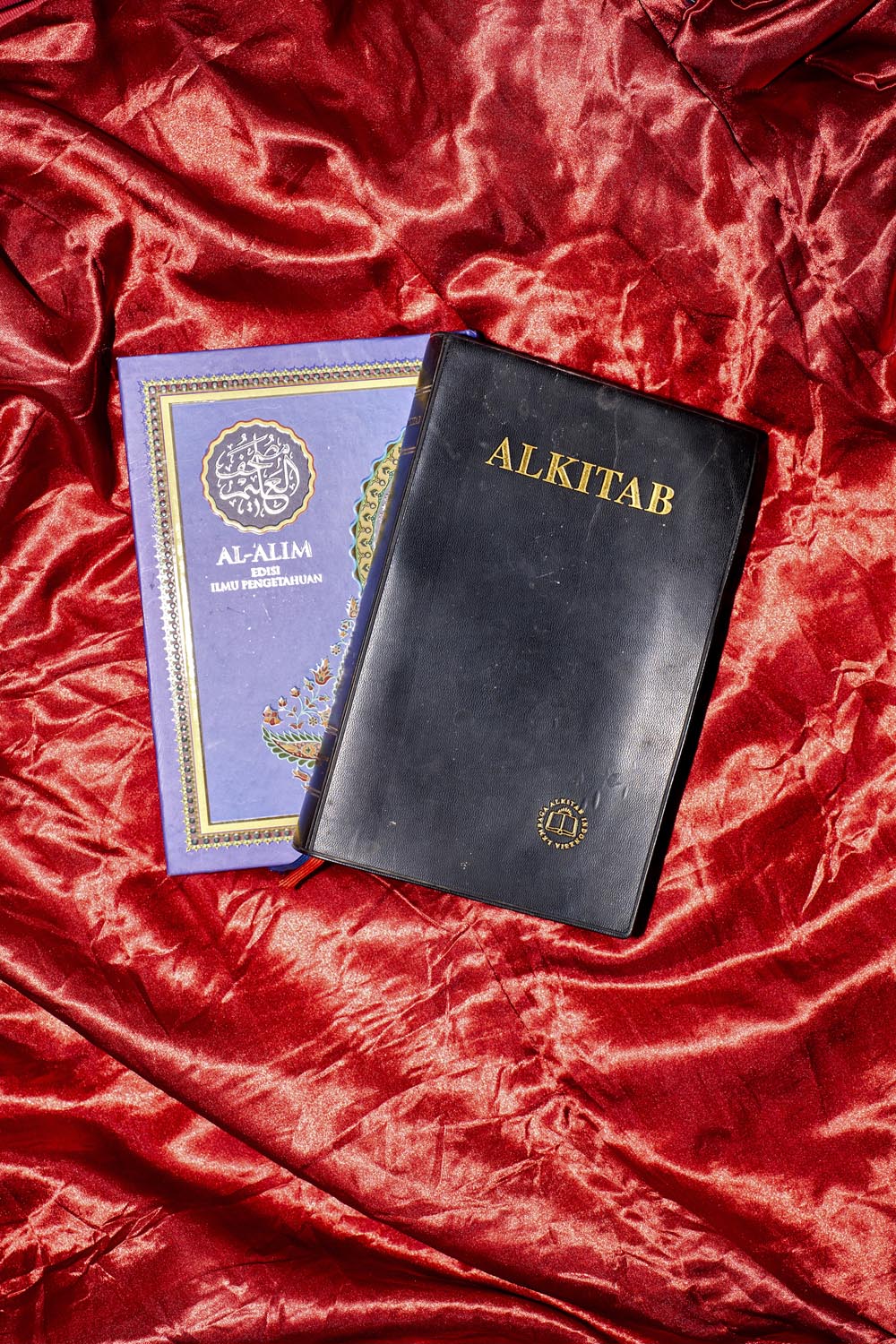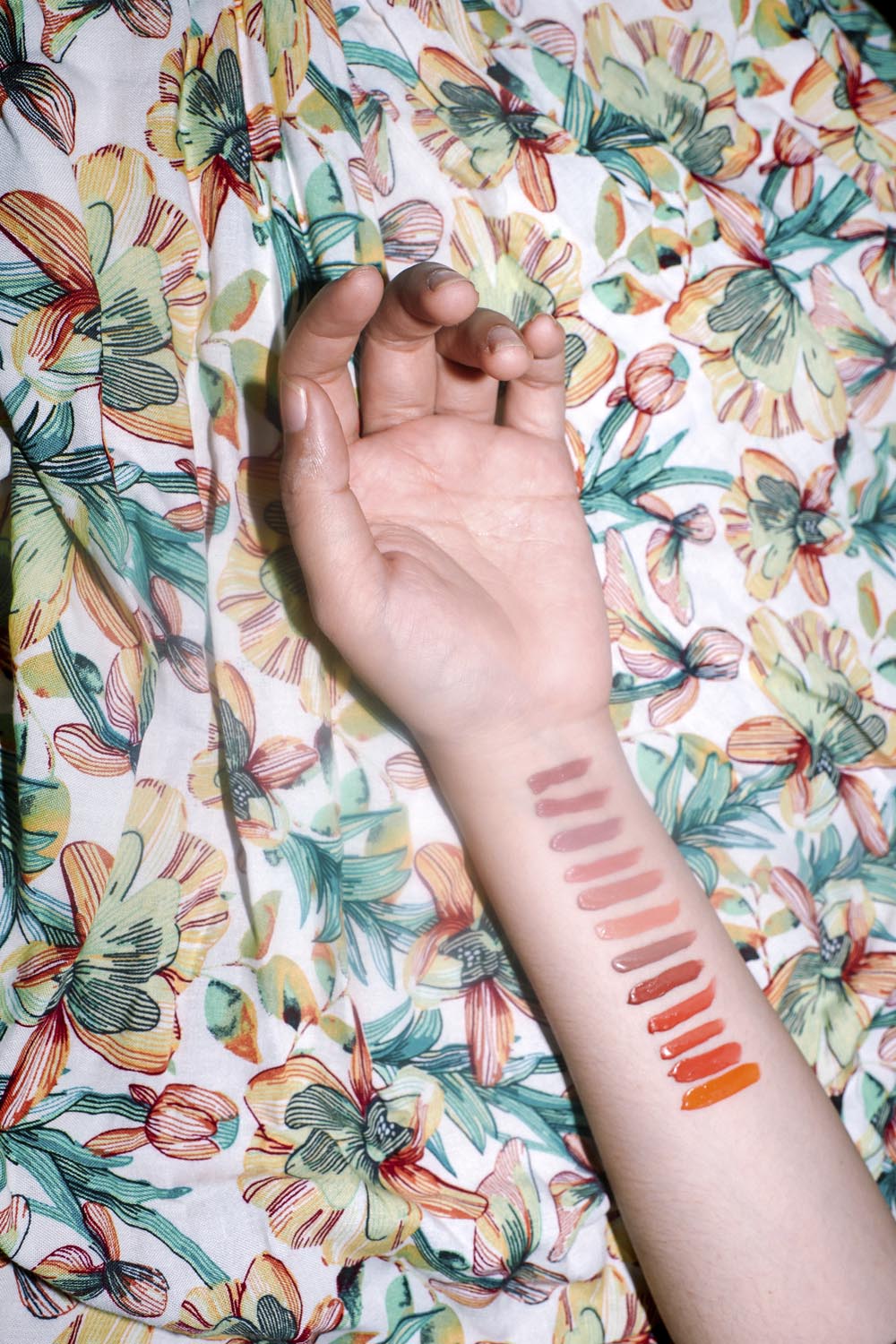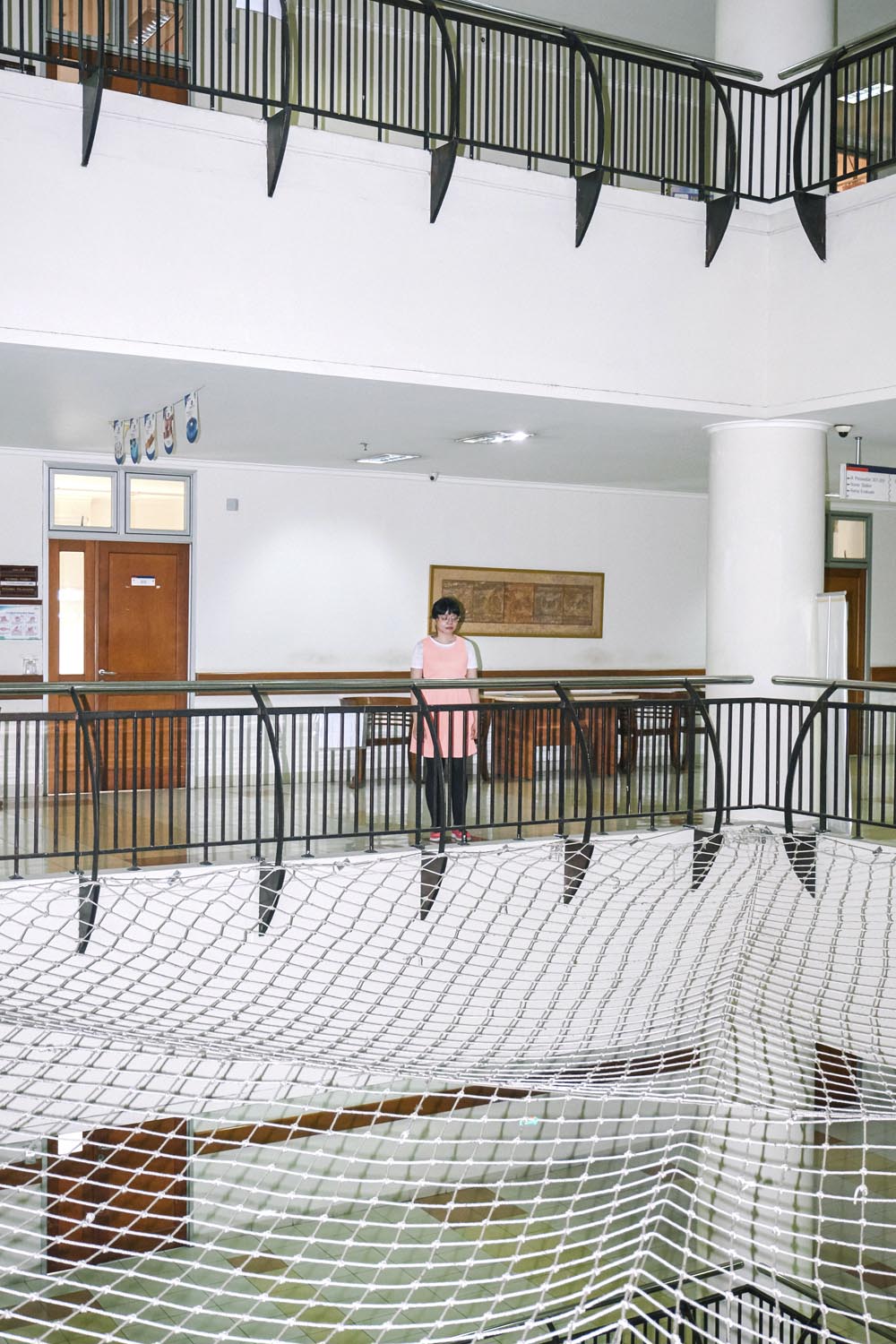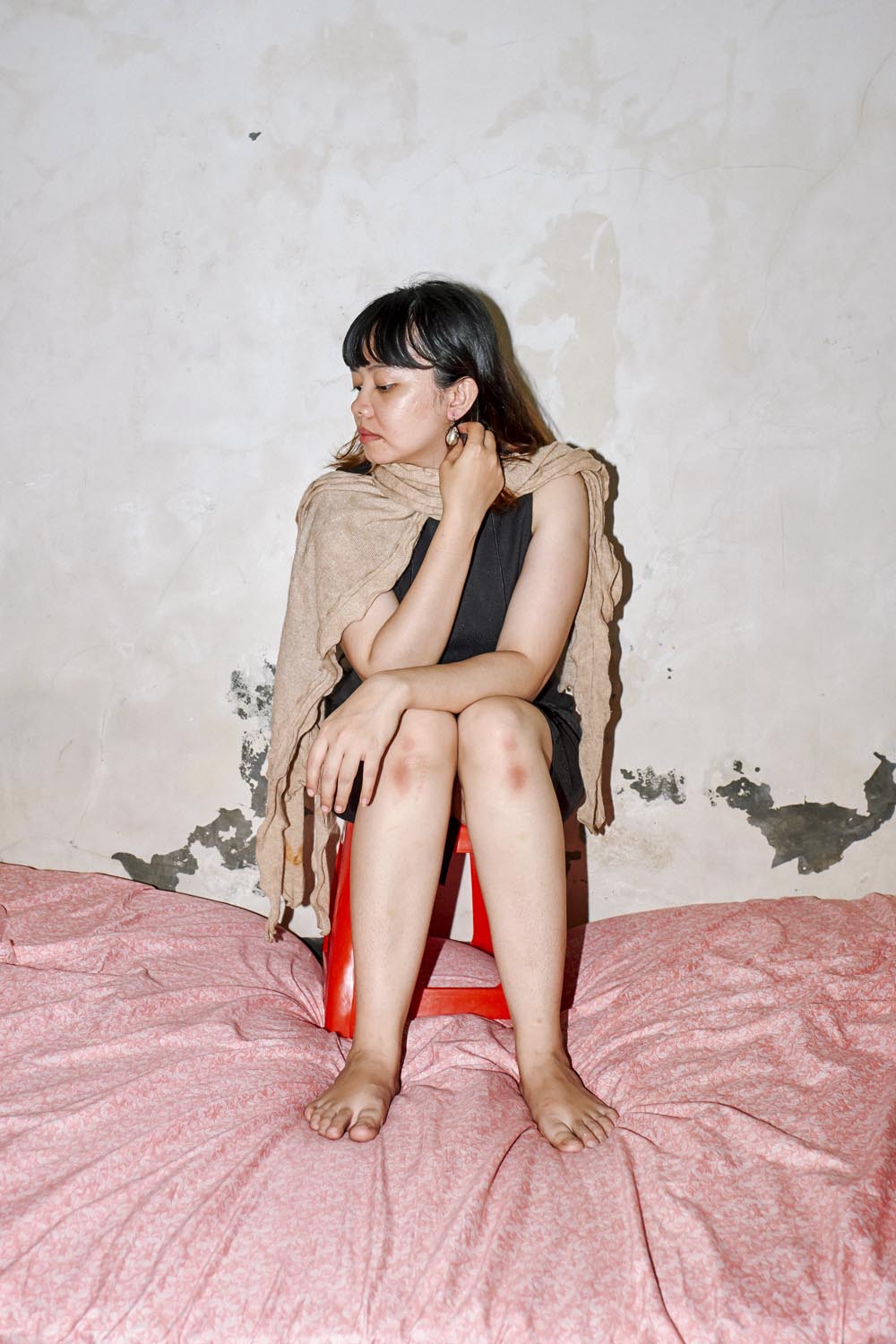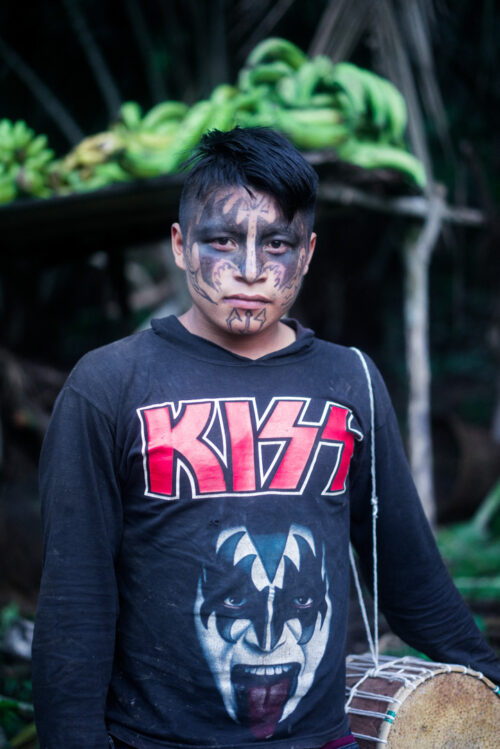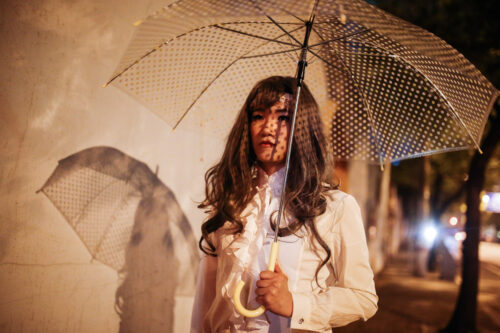Becoming a photographer has never been under my radar. I studied Architecture until the master’s degree, so I thought working in the architecture industry was a definite way to go. However, life took its turn after I became an editor and writer for an online architecture magazine in 2011. I started to fall in love with storytelling and the impact it could bring. Three years later, a friend introduced me to the potential of photography as a storytelling medium. Then I started to make a series of personal projects. Not long after that, I got my first professional assignment in 2016. However, photography for me always comes first as something personal, rather than professional. I often use this medium to understand myself and the world around; as well as to share a story that I deemed important. This is why I decided to document my best friend’s life who is a survivor within the project “Banu”.
I met Banu in 2014 in a narrative journalism workshop. She was a very bright, inspiring and courageous young activist. A few months after our encounter, she started to open up that she actually had been raped[1] by a male friend sometime before the workshop. I decided to be a part of her support system after the PTSD started to take over her life. She slowly lost her confidence and became very vulnerable. That incident had changed her forever.
Four years after that, I decided to make a project about her life after I got an invitation to participate in a photo exhibition about women. My time spent with Banu made me realise how our society still has very limited understanding on gender, mental health issues and also not knowing how rape could bring a lifetime impact to the survivor. Many times, Banu had to deal with stigma in her workplace, among friends and society. She had been trying herself to fight for a better situation through her activism. I hope that my photography project would complement her battle and help her to achieve that.
Two years going on this project definitely shaped my way of looking at photography. I understand its limitations and also strength. Within this project, my pictures can deliver the metaphorical, emotional and poetic aspects of her situation, but never truly uncover her real condition. That is why, in one exhibition at Galerija Jakopic, Slovenia, I decided to collaborate with her by incorporating her writings, medical history, and even her thesis (the title is “Suicide in the Perspective of Jean-Paul Sartre”), to give more comprehensive perspective on her story. I also learned that engagement is super important. My deep involvement and our collaborative process have made sure that I, as the photographer, not only took something out of her life but also gave something in return. In our process, I am aware that this project is not only an attempt to raise awareness but a reason for her to keep fighting for her betterment. I also learn that in order to make this project work, Banu needs to understand why photography is important to her as much as I do. In another way, it is also my duty to open her perspective, as much as delivering everything in a very sensible way, and to be responsible to everything that I will show to the world. On the other hand, our current situation makes me realise that we clearly need to find a better way to engage people with our work; that is beyond the conventionality of a physical photography exhibition. Humanity clearly will depend more on virtual connection, yet within this virtual world millions of images are being produced every day. Therefore, what makes our story stand out from others? What kind of experience can we offer so the audience can immerse themselves with our work? Is there a new way of representing that we have to consider? Some of the things that I can think right now are by making an intersection between photography and other disciplines (information technology, neuroscience, etc), and further exploration of digital mediums; to help the audience experience, focus within the virtual world, and detach themselves for a while from outside reality. This is a simple idea to start – now let’s find out together how it works.
[1] Banu prefers to use the word “rape” instead of “sexual assault” so readers can have more specific understanding on the situation.
